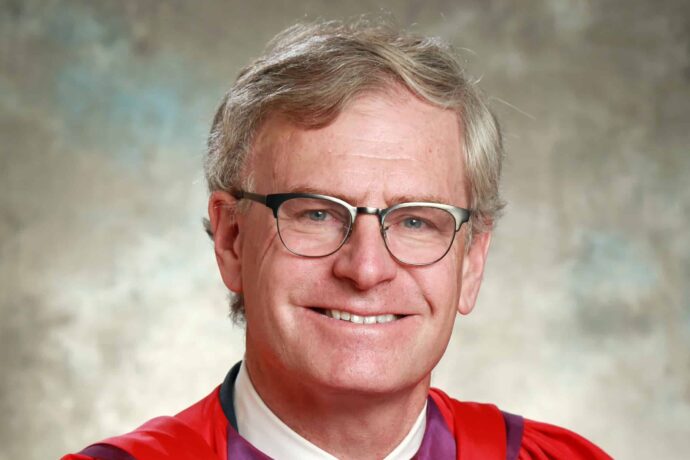Professor of New Testament Language and Literature
Areas of graduate student supervision
- Biblical hermeneutics
- Early Christianities of the first two centuries
- Gospel of Mark
- Letters of Paul
- Literary studies of the canonical Gospels
- Affect theory and the New Testament
- Christian appropriations of the Septuagint
Many methods of biblical interpretation arose under Christendom and the Enlightenment. For example, historicist-inspired methods continue to dominate the field, often under the rubric of ‘Christian origins’ and new ‘quests’ for the historical Jesus. Historicism fell into crisis over a century ago, but many scholars do not seem to have noticed. We now live in a new era, namely, the era of post-Christendom, in which methods of interpretation rooted in historicism have lost their self-evidence. What difference does it make to study early Christian writings in post-Christendom? For starters, we now occupy a new, ‘deterritorialized’, interpretive space in which new types of questions can be asked. In my current research, I ask the question, what does Deleuze’s theory contribute to the study of the New Testament in post-Christendom?[1]
[1] Bradley H. McLean, “What Does A Thousand Plateaus Contribute to the Study of Early Christianity?,” Deleuze and Guattari Studies, 14/3 (2020), 533-53.
Recent Publications
- Deleuze, Guattari and the Machine in Early Christianity: Schizoanalysis, Affect and Multiplicity, London: Bloomsbury Academic Press, 2022.
- “Emotions and Deleuze’s Three Machines of Time in the Gospel of Mark,” in Heiko Schulz and Menachem Fisch, eds, Reasons of the Heart. The Concept, Rationality and Moral Function of Religious Emotions in Judaism, Christianity and Islam, Volume 1, Tübingen: Mohr Siebeck, 2025 (forthcoming).
- “Abraham, Gilles Deleuze’s Hero of Repetition, and the Akedah of Isaac,” in Heiko Shulz, Jean-Pierre Fortin, eds, A Cruel God? The Binding of Isaac: A Challenge for the Rationality of Judaism, Christianity and Islam, 49-65. Berlin: Walter de Gruyter, 2024.
- “The Rationality of Prophetic Truth-Speaking and Deleuze’s Passional Postsignifying Regime of Signs,” in Heiko Schulz, ed., God’s Own Mouthpieces: Prophecy and Reason in Judaism, Christianity and Islam, 229-40, Tübingen: Mohr Siebeck, 2023.
- “The Deleuzioguattarian Body of Christ without Organs,” in Matthew Whitlock, ed., Critical Theory and Early Christianity: Walter Benjamin, Gilles Deleuze, Alain Badiou, and Judith Butler, Studies in Ancient Religion and Culture, Sheffield: Equinox, 2022.
- “What Does A Thousand Plateaus Contribute to the Study of Early Christianity?,” Deleuze and Guattari Studies, 14/3 (2020), 533-53.
- Biblical Interpretation and Philosophical Hermeneutics. New York: Cambridge University Press, 2012.
